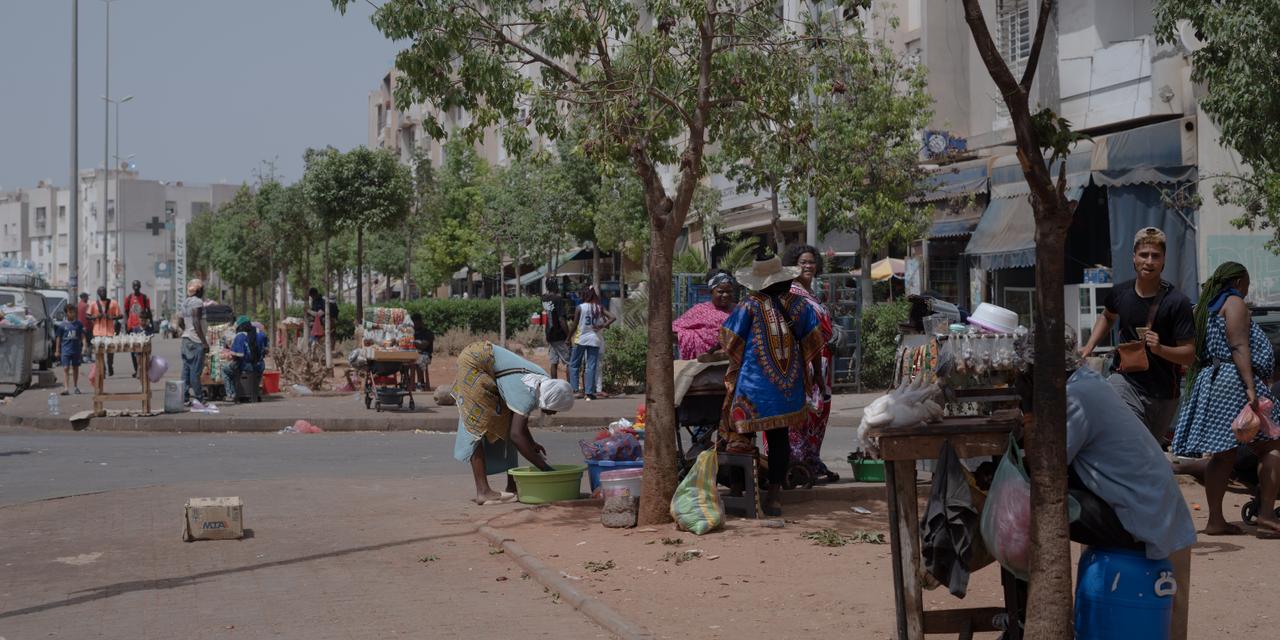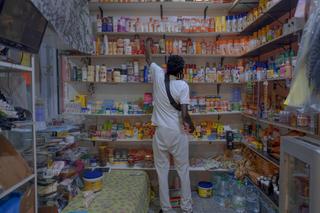


Casablanca has become a refuge for sub-Saharan migrants
FeatureMorocco's economic capital welcomes many immigrants from West Africa. Confronted with growing barriers to reaching Europe, some have chosen to settle in this metropolis, where they are 'tolerated.'
His customers have nicknamed him "Kouamé" – a very common name in Côte d'Ivoire – because he supposedly sells the best attiéké in the area. In his small shop in Oulfa, a working-class neighborhood on Casablanca's outskirts, Youssef Lazouzi offers a taste of Abidjan: packets of cassava semolina for 18 dirhams (€1.70), fragrant rice. A little over a year ago, this Moroccan in his 30s tried selling organic cosmetics. It did not work out. "I adapted to my new customers," he explained. "Today, the majority are sub-Saharan."

On the other side of the neighborhood, Youssef Nasser, 42, delivers about 20 kilos of okra and "fiery African chilies" by bicycle every day to street vendors and small Senegalese or Nigerian eateries – places where a photo of the king often hangs. A few years ago, this slender man was selling bread. He switched jobs and now earns 3,000 dirhams (€284) a month, roughly the minimum wage in Morocco.
"I like these foreigners; I can't gâter [criticize] the sub-Saharans," he said, using a typical West African expression. "I have a brother in France, another in Spain, and I don't want them to be mistreated. Sub-Saharans deserve a chance in Morocco. They're just trying to make it, and they need support."
You have 87.74% of this article left to read. The rest is for subscribers only.
